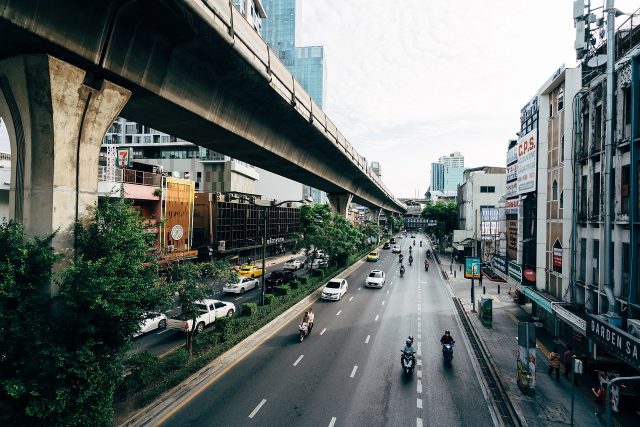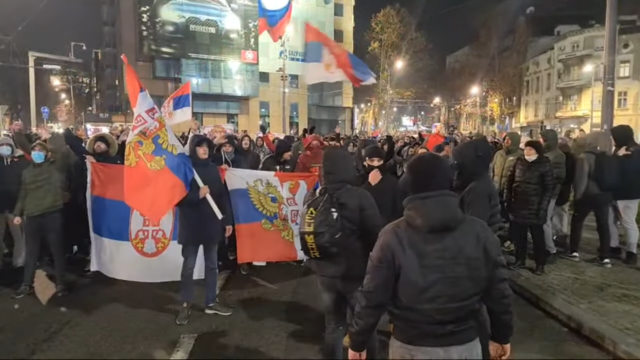Thailand’s Central Criminal Court of Corruption and Misconduct acquitted on Thursday four forestry officials charged with the murder of Indigenous rights activist Pholachi Rakchongcharoen.Thai officials indicted the four forestry officials, including former chief of Kaeng Krachan National Park Chaiwat Limlikitaksorn, with murder in August 2022 over suspicions that they killed Pholachi. Pholachi disappeared after he was last seen in the custody of the four forestry officials in Kaeng Krachan National Park. Partial remains that matched Pholachi’s mother were then found in a reservoir of the park on September 3, 2019.While the Department of Special Investigation announced that the partial remains found belonged to Pholachi, the court held that there was insufficient forensic evidence to prove that the partial remains belonged to Pholachi. The court also found that they could not rely on circumstantial evidence in determining whether the defendants had committed the crime as the circumstantial evidence lacked credibility.Pholachi was an Indigenous rights activist who advocated for the rights of the local Karen ethnic minority group he belonged to. He also led the Karen minority group in a lawsuit against Chaiwat, who attempted to evict the Karen minority group by burning their homes.Although Thailand passed the Act on Prevention and Suppression of Torture and Enforced Disappearance on August 26, 2022, the four forestry officials could not be charged under the act, as it was enacted, after they were indicted. Previously on September 26, Amnesty International wrote:[The verdict of this trial] is an important test for the Thai judicial system, which has failed victims of enforced disappearances for far too long. The judiciary has now an opportunity to set a new standard when addressing enforced disappearances to ensure they align with international human rights law.The rights group also called upon the Thai government to accede to the International Convention for the Protection of All Persons from Enforced Disappearance and the Optional Protocol to the Convention against Torture and other Cruel, Inhuman or Degrading Treatment or Punishment.




The Most Read
Сryptocurrencies
Bitcoin and Altcoins Trading Near Make-or-Break Levels
Financial crimes
Thieves targeted crypto execs and threatened their families in wide-ranging scheme
Financial crimes
Visa Warning: Hackers Ramp Up Card Stealing Attacks At Gas Stations
News
Capitalism is having an identity crisis – but it is still the best system
Uncategorized
The 73-year-old Vietnamese refugee is responsible for bringing Sriracha to American consumers
Uncategorized
Electric Truckmaker Rivian, Backed By Amazon, Ford, Raises Whopping $1.3 Billion